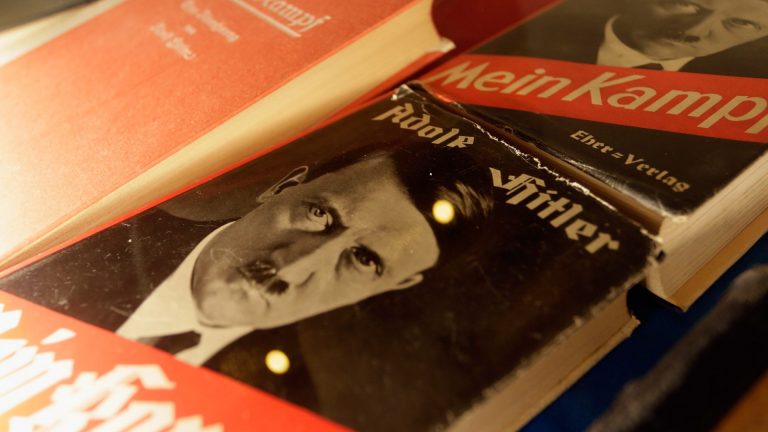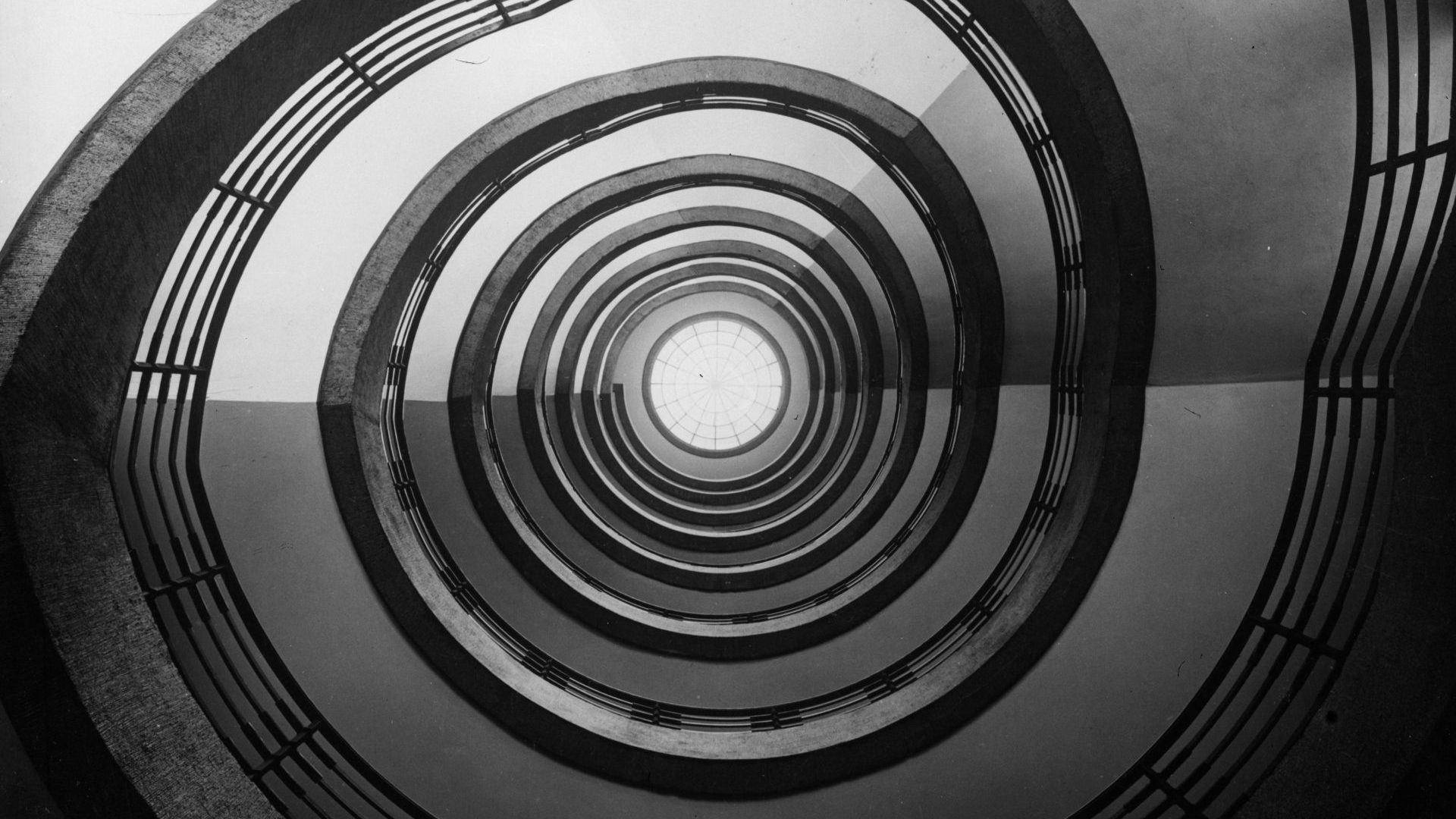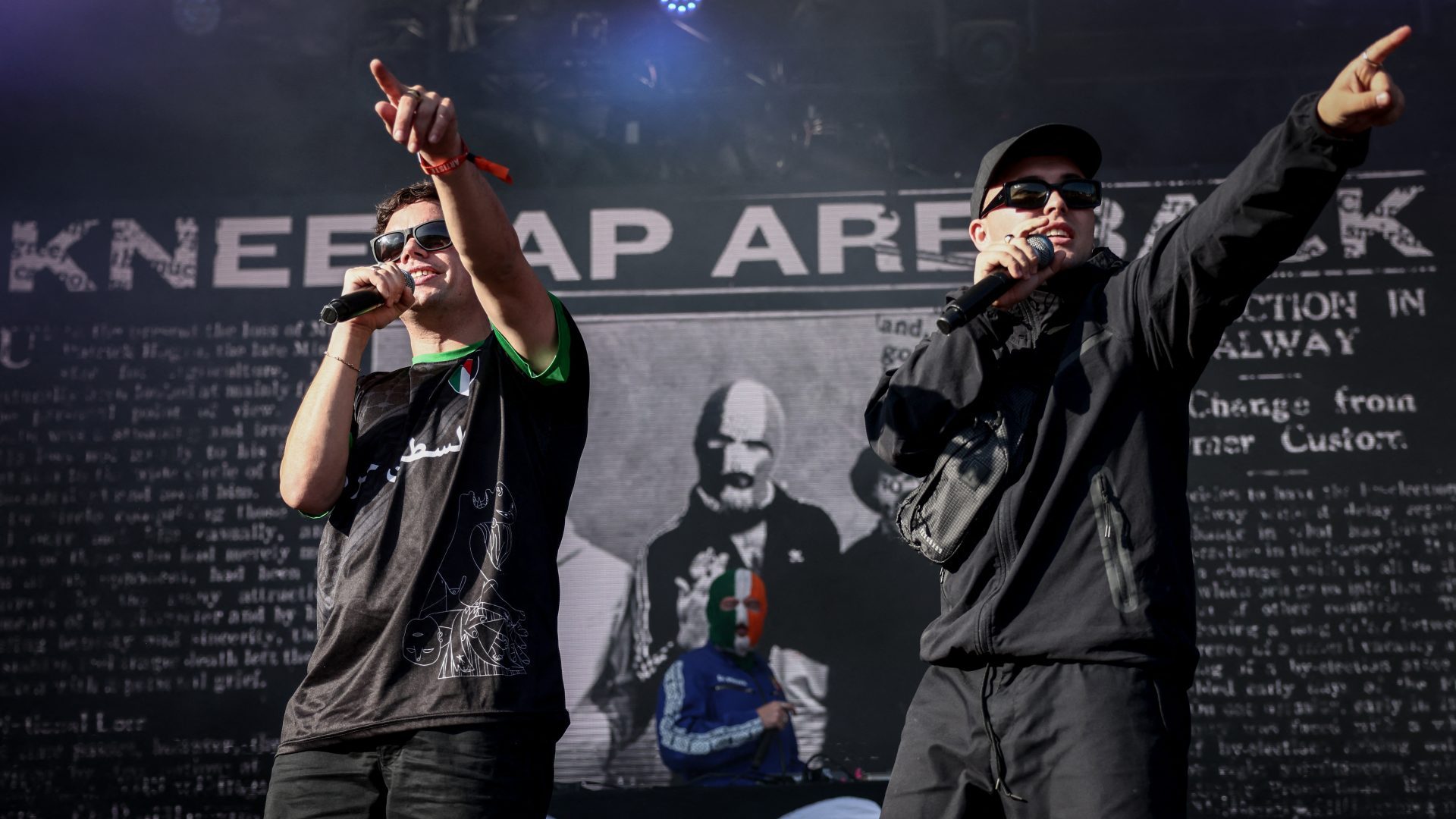“I’m saying absolutely nothing – surely we’re allowed to say that?” asked Weimar Republic comedian Karl Valentin – known as Germany’s Charlie Chaplin – in the early years of Hitler’s rise to power.
It’s a line that captures the spirit of the recently republished The Third Reich of Dreams: The Nightmares of a Nation by Charlotte Beradt. The book is based on the collected secret dreams of more than 300 Germans, Jewish and non-Jewish alike, during the 1930s.
Beradt, a Jewish journalist and communist, began to gather people’s dreams after she started to experience disturbing dreams herself following Hitler’s accession to power in 1933. She wanted to find out if others were having the same experiences as her; but she knew that collecting dream accounts could be dangerous, so she hid the manuscripts in the spines of books that she was eventually able to smuggle out when she escaped to New York in 1939.
The dreams reveal the justified fears about the creeping authoritarianism of the state – to read them in the age of Donald Trump is especially disturbing; “a warning from history”, says film-maker Amanda Rubin, who is making a documentary based on the book.
Beradt’s account of her informants’ dreams capture just how fearful they were becoming as they sought to “conform” – even in the absence of being specifically told to do so. This is what comes across so vividly in the dreams – how an authoritarian state is able to force its people not just to fear the state and its ability to keep its citizens under surveillance, but how it is able to make citizens police themselves – by making them assume, rightly or wrongly, that the organs of the state are listening and watching them even when, rationally, it is quite impossible.
Beradt’s accounts include dreams in which people fear that their cooker or refrigerator contains a secret listening device. One woman recounted that she dreamed she was at the dentist: “I found myself, despite my scepticism about surveillance, staring at his dental equipment and wondering if there might be some kind of listening device attached to the machine.”
Suggested Reading


My struggle with Mein Kampf
As Beradt writes: “The regime had turned its subjects, without their realising it, into voluntary collaborators in the systematic terrorisation, by making them think it was more systematic than it actually was.”
She describes how the dreams showed that people, in blind fear of the hunter, start to play the hunter themselves. One woman recounts how she dreamed she was talking Russian – even though she spoke no Russian at all: “I was speaking Russian so that I wouldn’t understand myself and no one else would understand me either, in case I said anything about the government, because that’s against the law,” writes Beradt.
Rubin, whose animated documentary is soon to be in production, came across the book – first published in German in 1966 – during the Covid pandemic. “It just captured my imagination,” she says. “We were in lockdown, it felt like a huge moment – the world was in disarray and yet I was still having to go and buy milk and do the washing.
“It was something about normalising this extraordinary moment that made me wonder about people living in Germany under Hitler. What sort of lives were people living then? It also resonated with my own family history, which was one of exile and displacement.”
She was particularly struck by the way the dreams that Beradt documented showed just how quickly people came to police themselves – just in case they said or did something that might offend the authorities. “The regime was able to create anxiety and fear of surveillance. People convinced themselves that there were listening devices everywhere, or at least there might be and you could never be too sure you were safe. The Nazis didn’t need a huge police force; people did the work for them. It was egregiously brilliant.”
Rubin was struck by how, almost without warning, life for Beradt changed from living as a young left wing activist and intellectual in a vibrant and optimistic Weimar Germany, into someone haunted by her own dreams, as were her contemporaries. “Beradt shows how all that we take for granted can be quickly lost,” says Rubin. “We need to hold on to our fragile democracy and our freedoms and not just fall into line.”
For Rubin, Beradt’s book is “a call to action, a call to resist – to protest as a collective and to challenge the drift to authoritarianism. The parallels with what is currently happening in the US – and to some extent here as well – are frighteningly clear,” she says.
The Third Reich of Dreams: The Nightmares of a Nation by Charlotte Beradt (translated by Damion Searls) is published by Princeton University Press, £20.
Ivor Gaber is a journalist and former professor of political journalism



